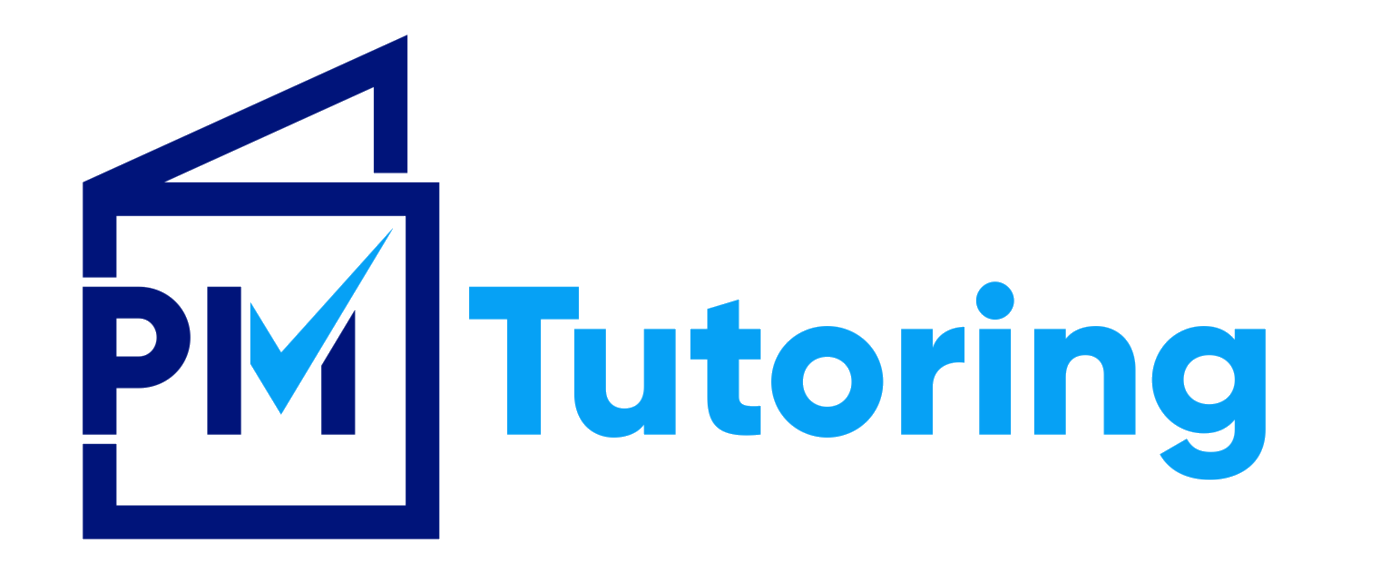What Were AP Exams Like This Year?
Due to the rapid spread of COVID-19, institutions such as the CollegeBoard quickly began to adjust the format of their operations to best protect the health of students, proctors, and administrators. Of course this means that students experienced AP tests unlike any year before. Below, a rising high school senior recounts the final months of his junior year and the impacts of these changes.
How did the tests change?
As a junior in high school, it’s safe to say that the most important year of my high school stint hasn’t gone as expected. Because I was taking 4 AP classes (Calculus BC, Environmental Science, US History, and English Language and Composition), I figured late April and early May would be stress-filled weeks of intense studying for my exams. Of course, a global pandemic changed everything, and AP exams saw a new, shorter format that allowed us to actually take the exams at home.
The traditional 2-3 hour exams were cut to 45 minutes, and all answers were formatted as essays or free-responses. The tests were also now open note- we were able to use our classwork as well as the internet during the tests, although 45 minutes did not leave much time for thorough research. An understanding of the questions was absolutely necessary, despite the open-note format. Previously, these exams consisted of dozens of multiple-choice questions in addition to multiple free-response questions.
The new format held either a one-question essay response or a two-question free response, so I assumed the exams would only test a limited variety of concepts, and I desperately hoped my question, or questions, would exclude information that I struggled with during the school year.
How Did Classes Change?
In addition to a new format, the content was cut to only include what was covered through early March, when schools began to close. For math, we didn’t study the last chapter of our book, and for history, all post World War II content (over 60 years of history) was removed from the test. My teachers focused on assigning work that would help us review for the exam; in other words, we stopped learning new material and began to review what we had already learned.
For my classes, we did practice exams and questions on the College Board website, or completed study guide questions provided by my teachers, who worked hard to create a balanced combination of practice questions and activities that helped to prepare us for the exam. I found that I didn’t need to spend too much time reviewing in my free time since there was less to study and because we reviewed the material in online school during school hours.
Going into the exams, I felt pretty confident. A little nervous of course, but confident nonetheless. I used my laptop for my 3 exams that required typed out my answers, and I used an iPad for the 4th exam, Calculus, since it was easier writing out my work and taking a picture than typing out math equations and symbols on a computer. I rarely needed to use my notes, and I only used the internet for minor details like dates to ensure my work was chronological and definitions to enhance my writing.
Future Effects?
I am, however, concerned about whether or not colleges will treat these exam scores the same as those of past years because the results may be skewed due to a new testing method and less of the curriculum being tested. Regardless of how I did, I’m glad the College Board offered students the opportunity to test and potentially earn credit since we did put in hard work throughout the school year.
Jake Shukan
Jake graduated from the Global Studies Magnet Program at Freehold Township High School in the spring of 2021. He enjoys playing basketball, volunteering, and watching sports in his free time.



